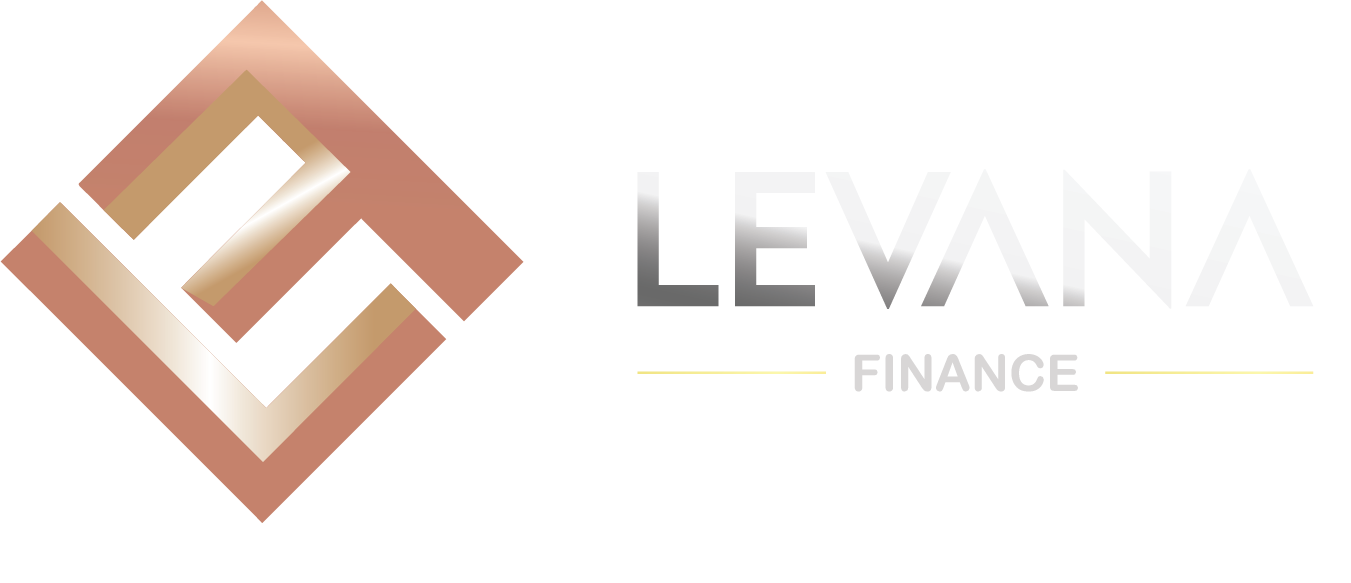
Sharia Compliant Mortgages
Islamic Finance
-
As in Islam, it is considered forbidden to borrow or lend money in exchange for interest, some of the stricter Muslims are unable to invest in a property for themselves using a standard mortgage and do not have the funds to purchase a property with cash outright.
Therefore, the concept of Islamic Mortgages also known as Halal Mortgages and Home Purchase Plans was introduced back in the early 2000's where the bank would purchase the property and then rent it out and sell shares to the customer.
Although the name suggests that this type of mortgage is just aimed at the Muslim society, there are non-Muslims that have also purchased a property using an Islamic Mortgages.
-
Islamic Mortgage, also known as Shariah Compliant Finance, is a financial product that adheres to the principles of Islamic law, or Shariah. It offers an alternative to conventional mortgages for Muslims who are seeking to finance their homes in a way that aligns with their religious beliefs. This page will provide an overview of Islamic Mortgage, explaining its key features and how it differs from traditional mortgage products.
-
Levana Finance works with banks that provide Diminishing Mushkara or Ijara Islamic Finance. A typical deposit ranges from 15% to 35%.
-
1. No Interest (Riba):
One of the fundamental principles of Islamic finance is the prohibition of interest, or Riba. In an Islamic Mortgage, the lender does not charge interest on the loan amount, as this is considered usury and is strictly forbidden in Islam.
2. Joint Ownership:
In an Islamic Mortgage, the lender and the borrower enter into a joint ownership agreement. The borrower makes regular payments towards the purchase price of the property, gradually increasing their share of ownership. Once the final payment is made, the borrower becomes the sole owner of the property.
3. Transparency and Fairness:
Islamic Mortgage emphasizes transparency and fairness in its transactions. The terms and conditions of the mortgage are clearly defined, and both parties are fully aware of their rights and obligations. This ensures that the borrower is not taken advantage of and that the lender operates ethically.
4. Asset-Backed Financing:
Islamic Mortgage is based on the concept of asset-backed financing. The lender provides the funds for the purchase of the property and takes the property as collateral. This ensures that the loan is secured and reduces the risk for both parties involved.
-
The primary mechanism used in Islamic mortgages is called "Musharakah" or "Diminishing Musharakah." Musharakah is a partnership or joint venture between the homebuyer and the bank. Under this arrangement, the bank purchases the property and becomes a co-owner with the buyer. The buyer then pays rent (known as "Ijarah") to the bank for the portion of the property that it owns. Alongside the rent, the buyer also contributes toward gradually increasing their share in the property through regular payments. This process continues until the buyer becomes the sole owner of the property.
-
An Ijara Mortgage is a type of Islamic finance that is designed to provide a halal way of borrowing money to purchase a home or other real estate. This type of financing works by allowing the borrower to purchase the property with funds provided by a lender, then the borrower pays the lender back over time with a lease agreement as rent. In this lease agreement, the borrower pays the lender a predetermined amount of money each month, which is used to pay down the loan principal and cover the costs of maintaining the property. The lender holds the title to the property until the loan is paid in full. This type of financing is popular among Muslims because it follows Sharia law, which prohibits the payment or receipt of interest. In addition to the benefits of avoiding interest, Ijara Mortgages also offer several other advantages such as lower closing costs and more flexible repayment terms.
-
A conventional mortgage is a loan taken out to purchase a house and is secured by the house itself. It typically requires a borrower to put down a certain percentage of the purchase price as a deposit and to pay a monthly principal and interest payment to the lender. The lender will typically require an valuation of the property and the borrower must have sufficient income to support the mortgage payments.
On the other hand, Islamic mortgage is a financing option based on Islamic principles such as riba (interest) and gharar (risk). Islamic mortgage has two main components: an ijara (lease) component and a diminishing musharaka (partnership) component. The ijara component involves the borrower leasing the property from the lender with an agreed upon rental payment. The musharaka component involves the lender and the borrower both owning the property with the lender gradually selling their ownership to the borrower. The borrower will pay the lender back in installments, with each installment covering a portion of the purchase price.
In conclusion, both conventional mortgage and Islamic mortgage offer financing options for homebuyers. However, Islamic mortgage has the advantage of being based on Islamic principles and providing a greater sense of security for the borrower.
